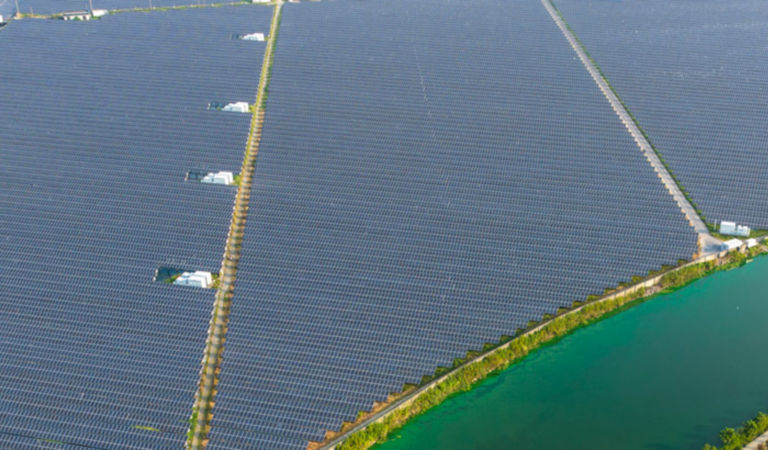Investment implications: What to watch for, what to avoid
Investors may want to consider the following implications of increased climate volatility in China — and elsewhere:
Materials: Energy-intensive processes to produce polysilicon and aluminum, key inputs for electronics and manufacturing, are at risk of disruption. Manufacturers with geographically diverse production lines, backup locations, and robust climate resilience strategies face less risk of interruption.
Electric utilities: The heat wave’s effect on China’s hydroelectric plants has been significant. The combination of lower electricity supply and higher demand from air conditioning put severe strain on the system and curtailed output. Given China’s reliance on hydro, which generates 20% of its overall power and up to 80% of power in some cities, demand for resilience, grid hardening, and energy storage, is likely to grow.
Power transmission: Existing market support for resilient power transmission infrastructure could increase. Ultra-high voltage (UHV) transmission should gain favor, and regulatory measures aimed at facilitating domestic cross-province transmission and reducing export-focused “energy mercantilism” should be positive for the domestic UHV industry.
Agriculture: So far, drought has affected several provincial regions encompassing more than 800,000 hectares of agricultural land. Corn, wheat, and barley growers are most vulnerable to climate volatility. Apart from grains, fruit, vegetable, and rice crops could also see lower yields. Prolonged drought could push prices up and trigger the need for food imports.
Coal: Over the next few years, China is projected to consume more coal than previously estimated. While most will be mined in China, coal imports (which had been falling) are likely to fall less than forecast.
Nuclear power: Discourse on reinvestment in the sector is ramping up. Nuclear may not be a viable investment theme in the near term, but from the macro perspective, investors should understand that China has strong — and growing — support for nuclear power.










China’s growing self-reliance could bolster its equity market
Continue readingBy
Philip Brooks, CFA